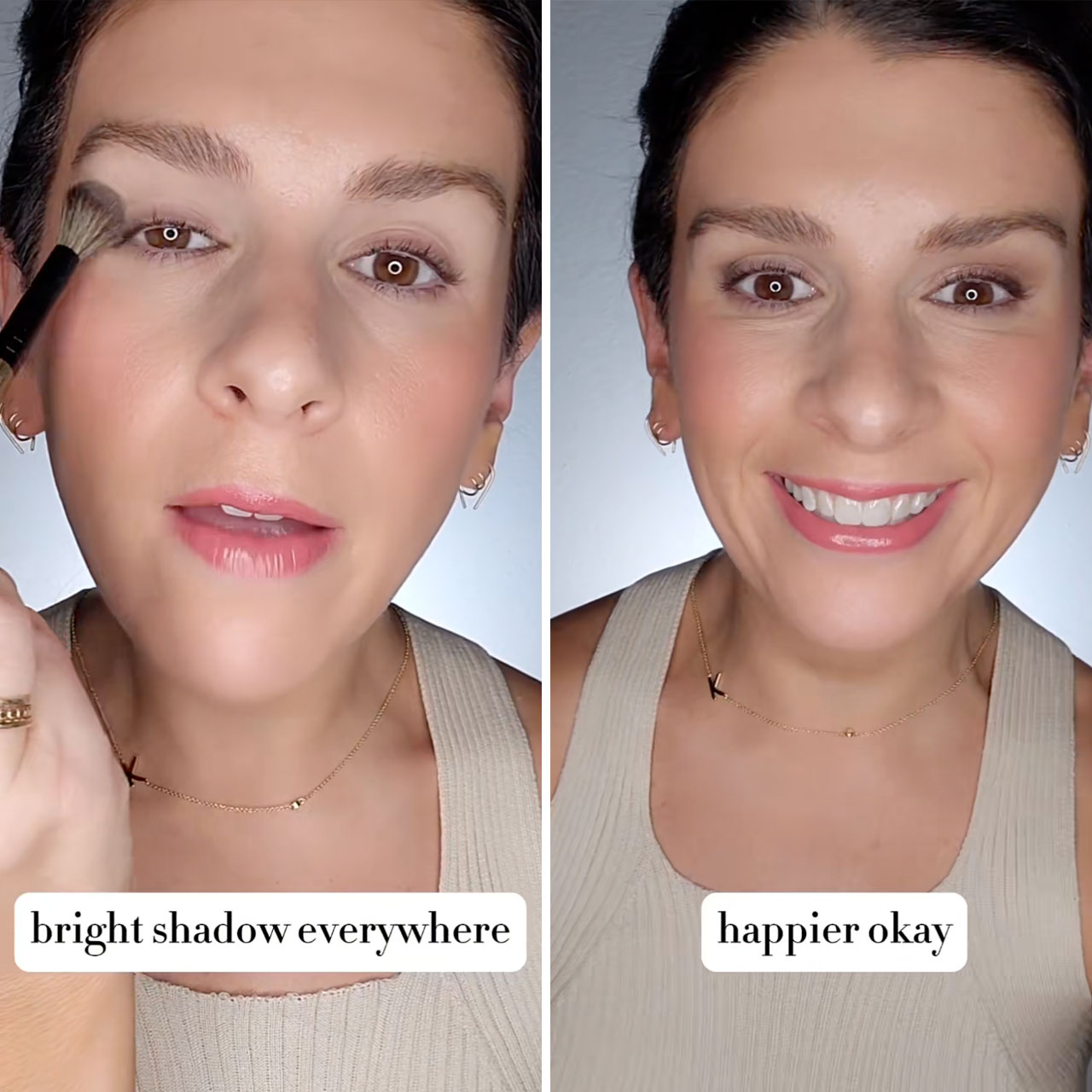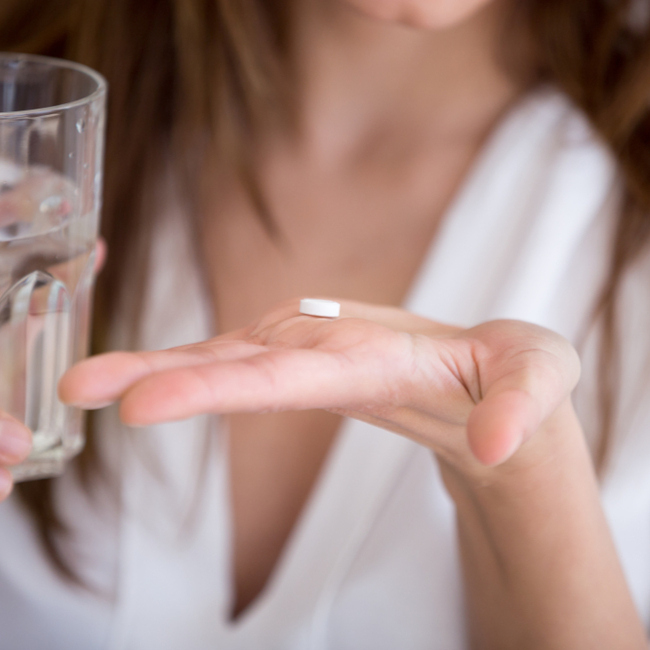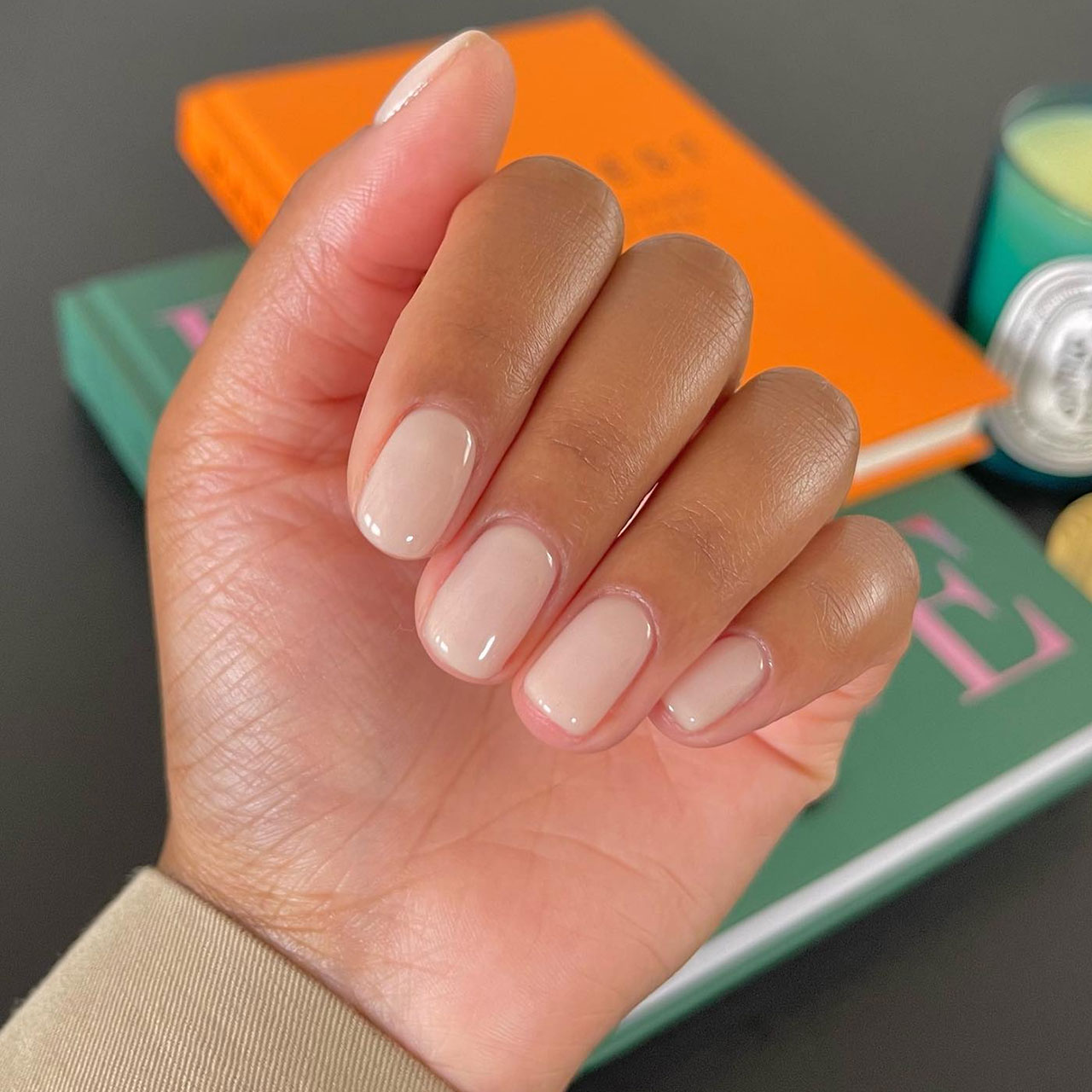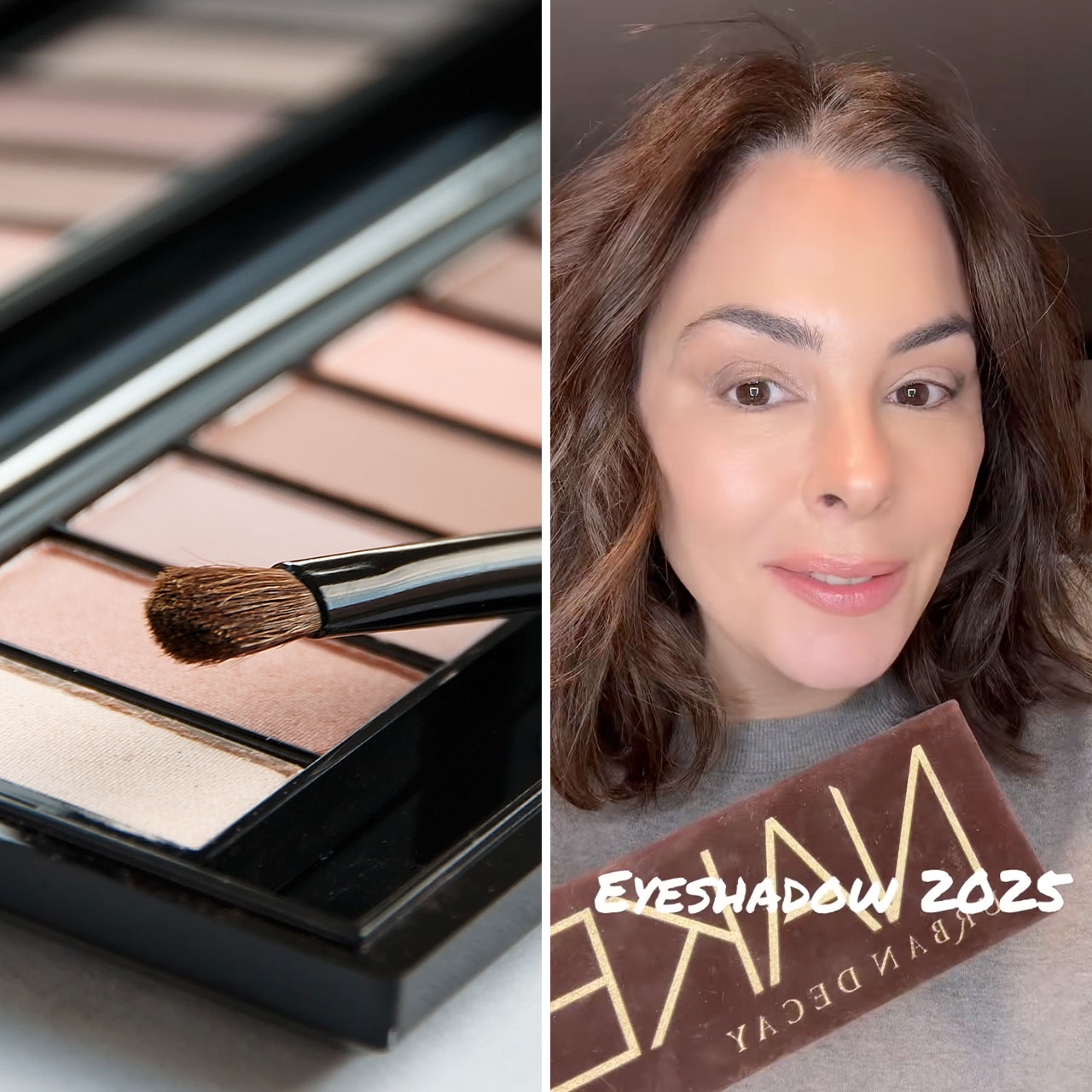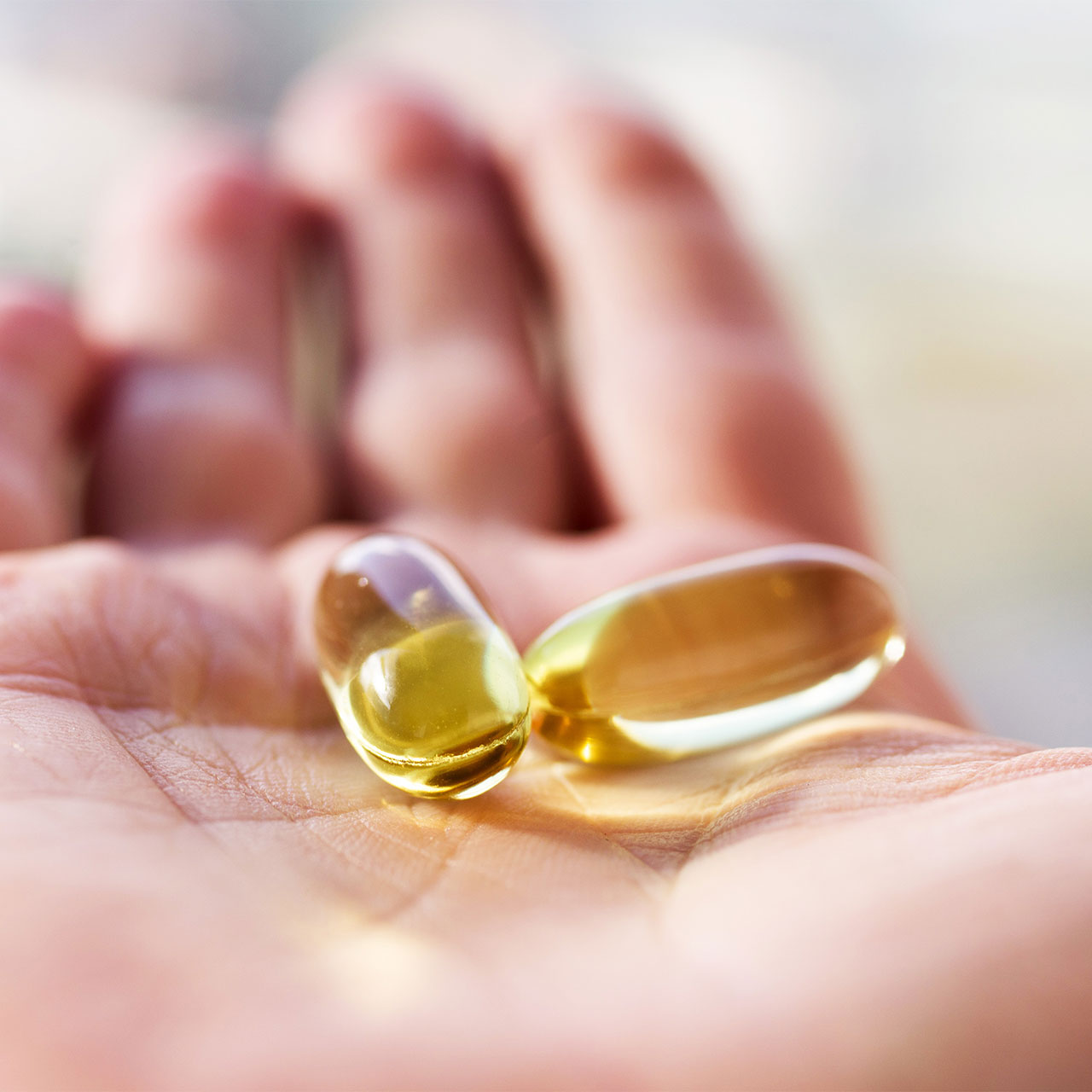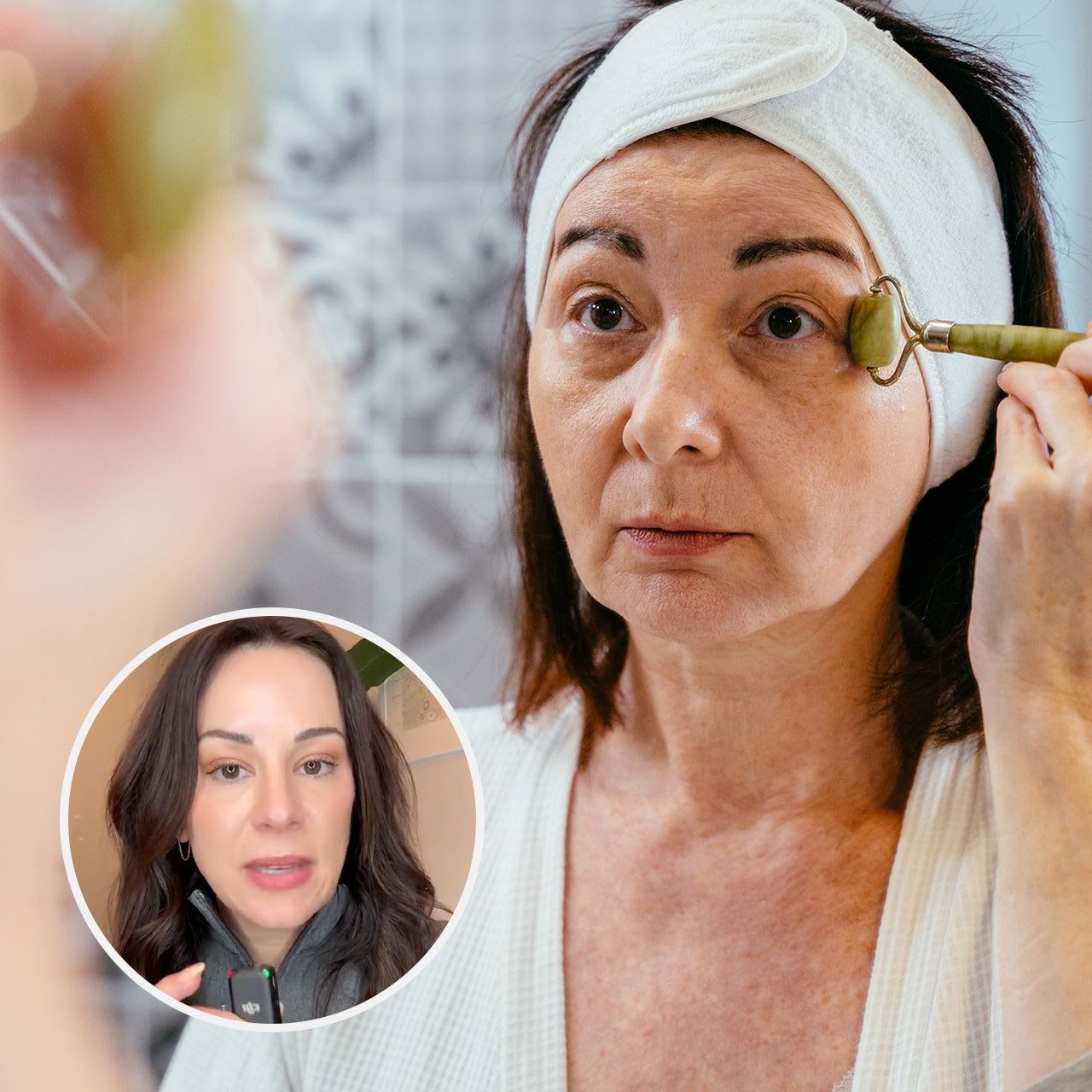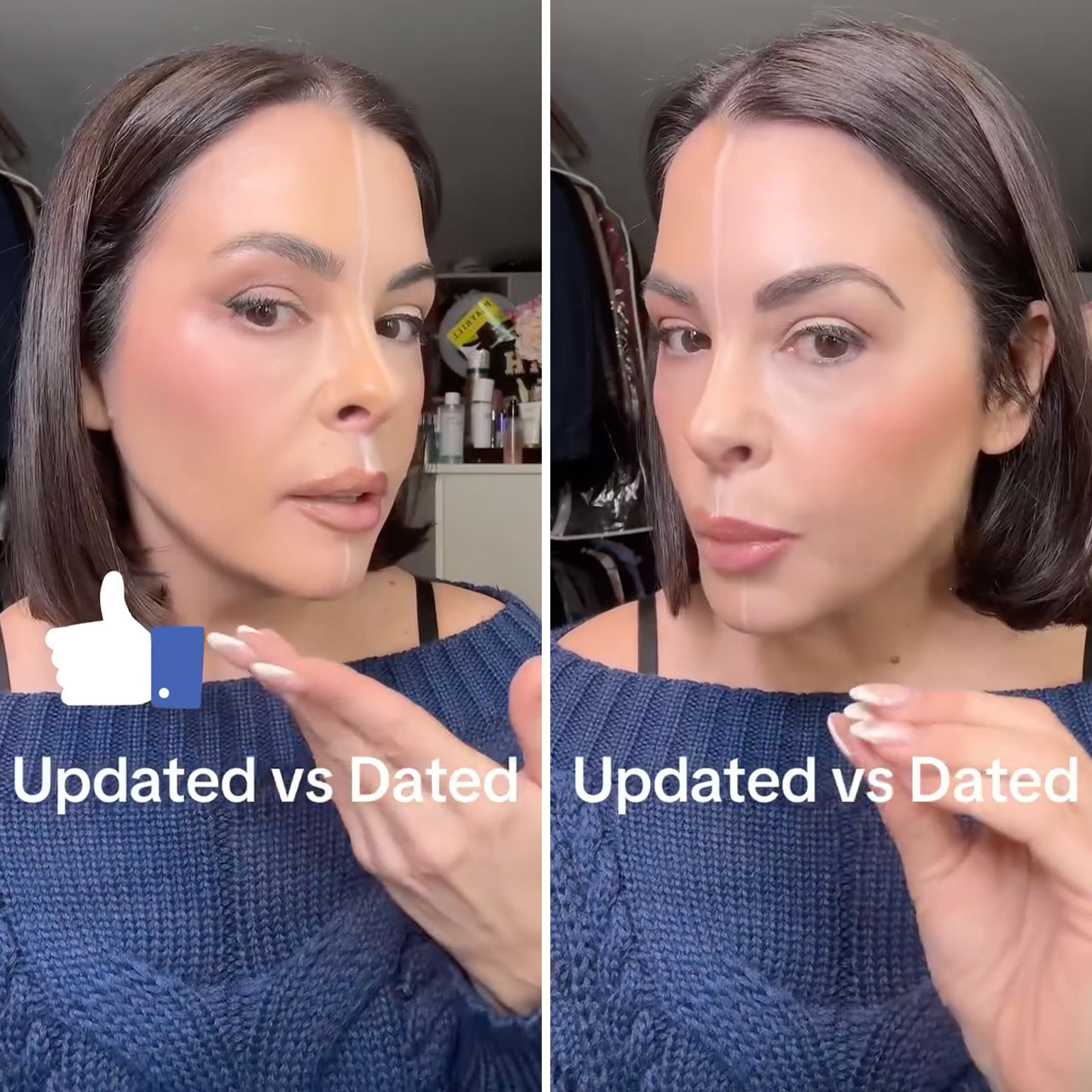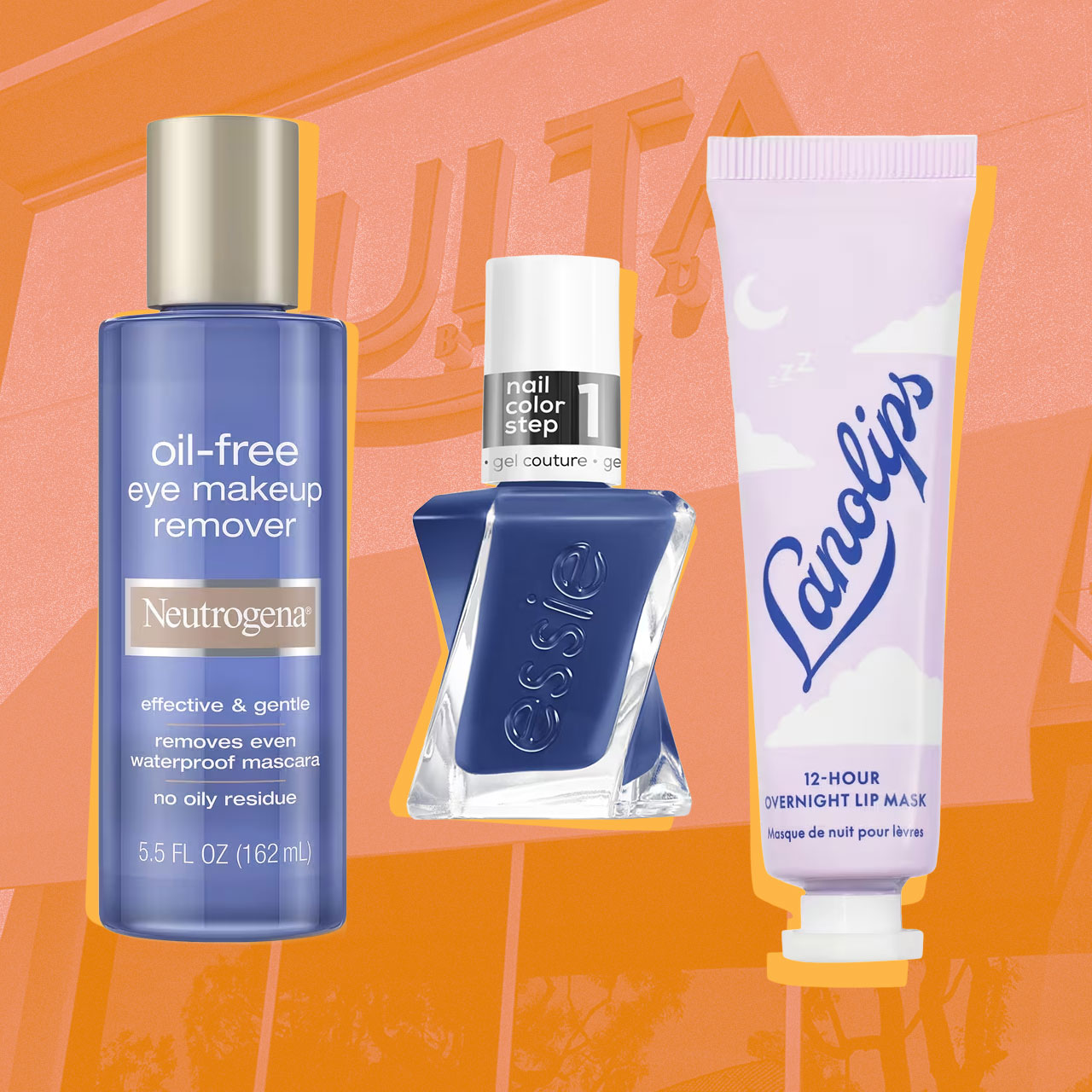This is an archived article and the information in the story may be outdated. Please check the time stamp on the story to see when it was updated last.
It’s no secret that what you put in your body is just as important (and probably more important) than the creams and serums you apply to see smooth-skin results. If you are overhauling your diet and incorporating more good-for-your-skin nutrients, don’t neglect supplements that can take your regimen to the next level. Young looking skin starts with genetics and has a lot to do with staying out of the sun (and wearing sunscreen), not smoking, avoiding stress, and getting plenty of sleep. When you’re ready to give supplements a chance, this is the one supplement doctors say you need to be taking over 40 for younger-looking skin.


Vitamin A
As both a supplement and topical treatment, vitamin A scores a gold star, especially as we age and become more concerned with keeping our skin lax and resistant to lines and wrinkles.
“Vitamin A supplements are worth using for women over 40 to have healthy younger-looking skin,” says Clara Lawson, RDN. “Retinoids are one of the most active compounds found in vitamin A that effectively slow down the aging process by stimulating more collagen and diminishing wrinkles. They also treat acne and other skin-related problems including psoriasis.”
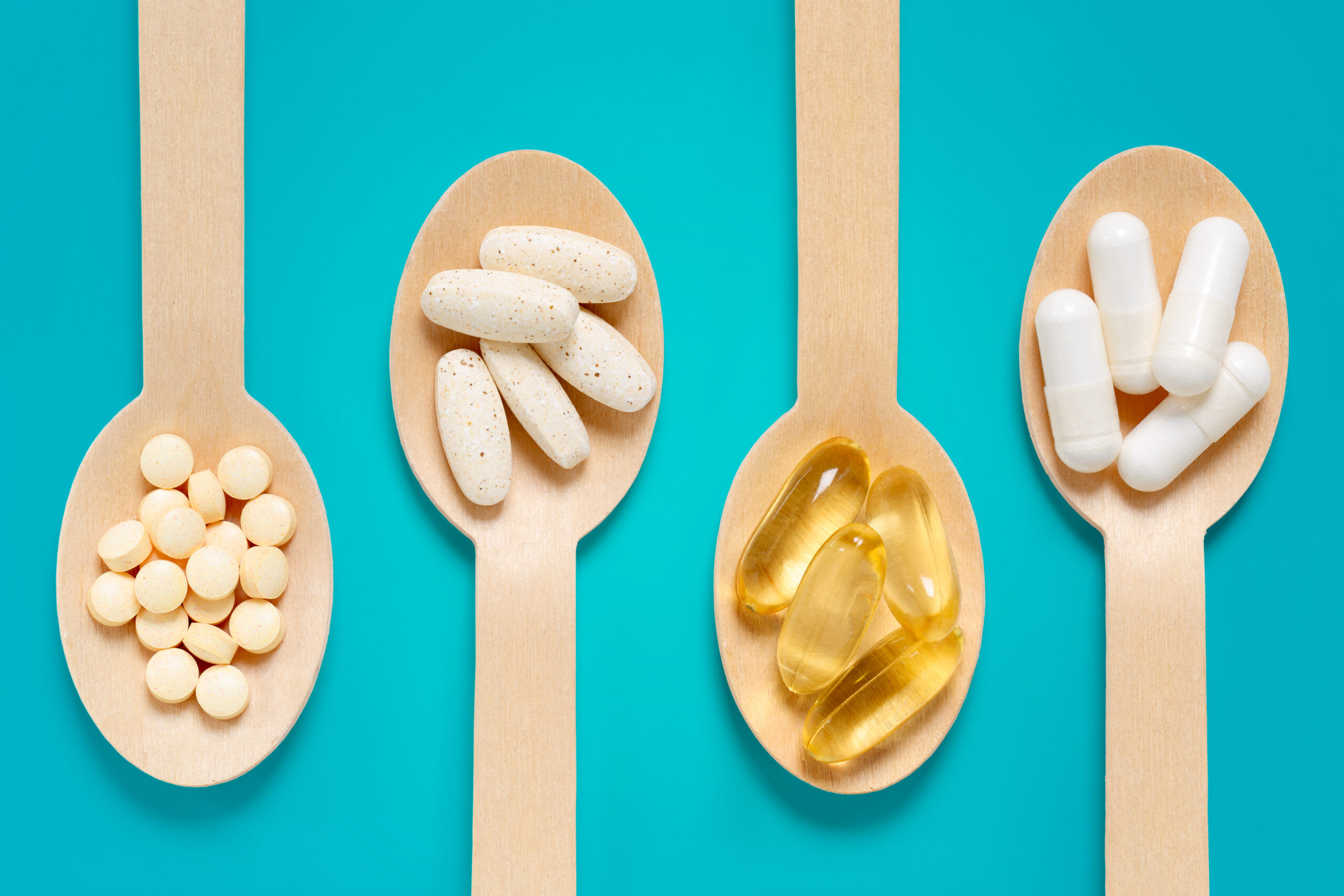
Retinols and prescription Retin-A are an effective topical ingredient that dermatologists readily recommend for clearer skin that is more resistant to lines and signs of aging.
“Vitamin A is a great antioxidant that protects the skin from free radicals that generally cause skin degeneration,” Lawson says. “Apart from supplements, topical creams infused with vitamin A work as exfoliators that deal with skin aging signs and sun damage effects. Research has already confirmed that applying vitamin A is effective for improving the natural skin aging signs such as wrinkles and promoting younger-looking skin.”

The best way to get nutrients is via a balanced diet, though supplements are a great way to bridge gaps in your diet. Some of the best foods that contain vitamin A are spinach, leafy vegetables, cantaloupe, liver, and dairy products.
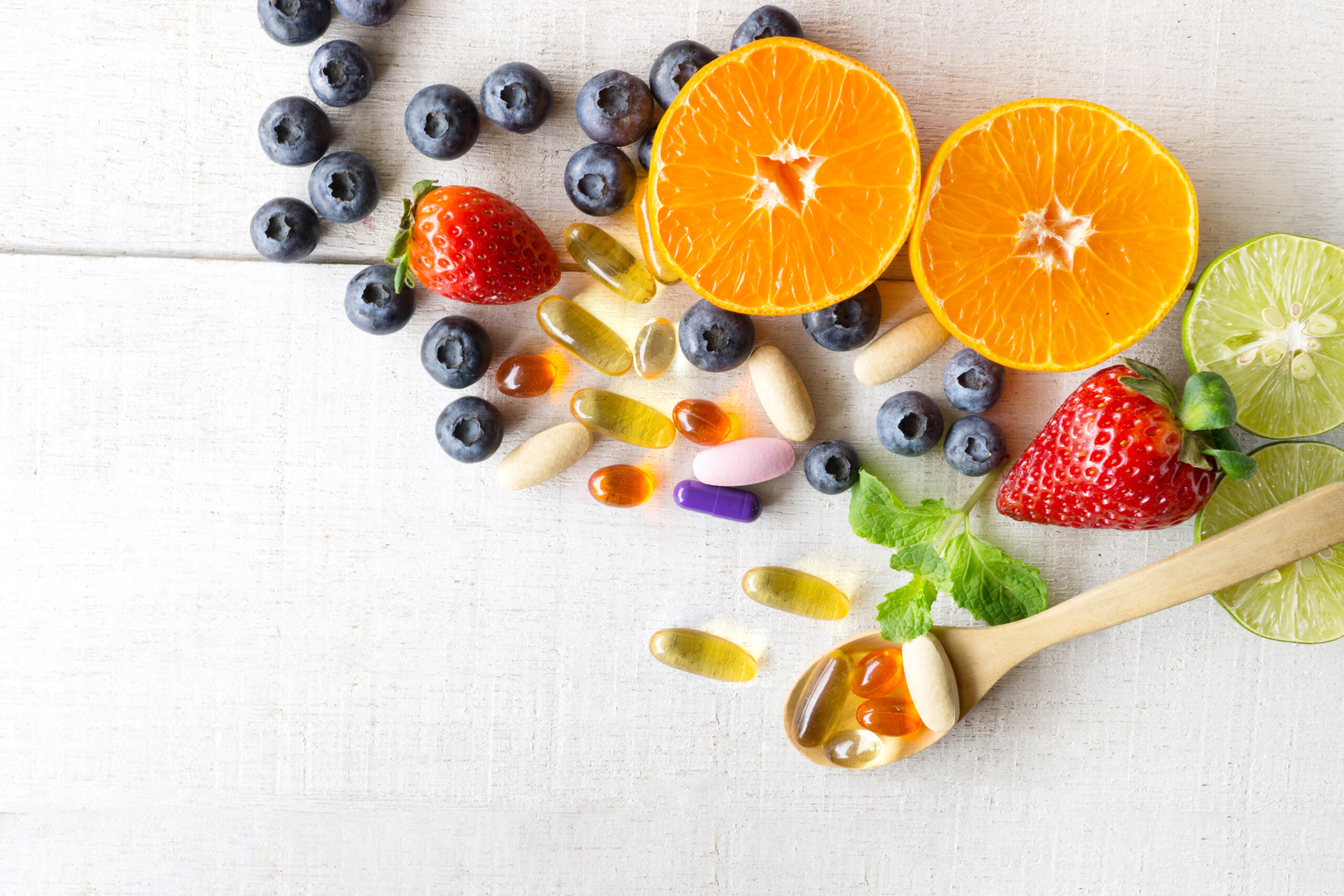
If you sense you aren’t getting enough vitamin A in your diet, it’s worth talking to your doctor about taking a supplement. According to the Mayo Clinic, the recommended daily amount of vitamin A is 900 micrograms for adult men and 700 mcg for adult women. One important thing to keep in mind that is taking too much vitamin A can have side effects that include nausea, vomiting, vertigo, joint pain, headaches, and other physical ailments. Always check with a doctor first before starting any new supplement regimen.



